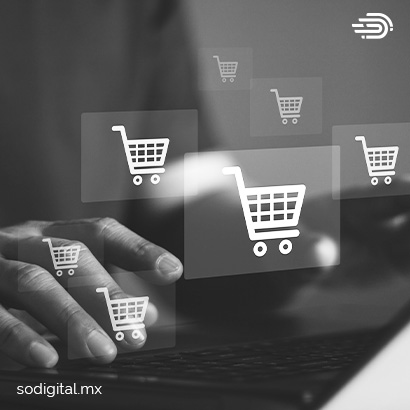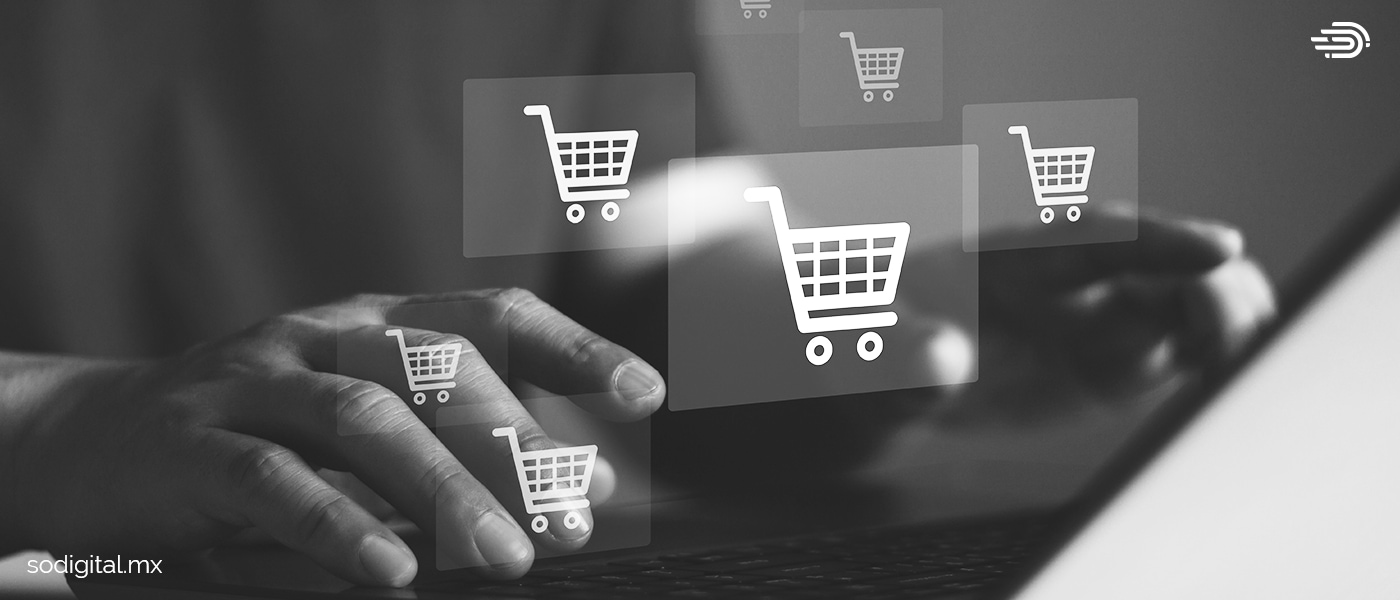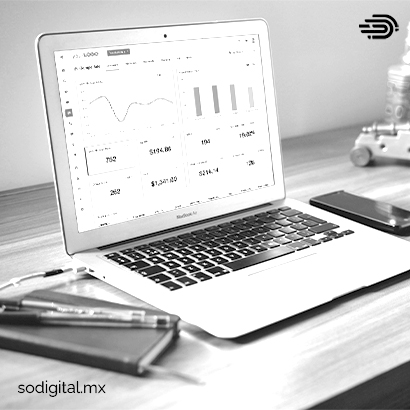Ecommerce: Improve Visibility with SODIGITAL
Business models have grown rapidly, currently have transformed the way companies interact with their customers, through ecommerce brands can reach a global audience, operate 24/7 and customize the shopping experience. In this article we will explain what is ecommerce, types of e-commerce, which advantages and disadvantages has this business model. SODIGITAL is your strategic partner to boost your business in the digital world.


What is eCommerce
Ecommerce refers to the purchase and sale of products and services through digital platforms. This business model has grown significantly, transforming the way companies interact with their customers. Through eCommerce, businesses can reach a wider audience, however they also face challenges such as high competition and security concerns.
Types of eCommerce
Ecommerce can be classified according to several criteria, such as the type of target customer and the nature of transactions, this classification helps to better understand how different platforms work and who they are aimed at:
- Business to Consumer (B2C): In this type, companies sell directly to final consumers. It focuses on meeting the individual needs of customers. Prominent examples include clothing, electronics and food stores that make sales through their own platform or marketplaces.
- Business to Business (B2B): In this model companies sell products or services to other companies such as raw material suppliers or machinery services. Some examples include industrial supply platforms and wholesalers.
- Consumer to Business (C2B): Allows consumers to offer products or services to businesses. This includes situations where individuals can sell their skills, such as graphic design, or promote products for a fee.
What are the advantages and disadvantages of eCommerce
Advantages
- Access to a Wider Public: Companies can market their products and services globally, eliminating the geographical limitations imposed by physical stores. This results in increased brand exposure and a potential customer base that crosses local boundaries.
- Reduction of operational costs: Elimination of expenses related to the rental of a commercial space, reduction in personnel costs due to the possibility of automating certain operations and reduced need for physical storage space.
- 24/7 availability: Online stores operate continuously, giving consumers the convenience of shopping at any time of day or night. This constant availability allows a more flexible and satisfying user experience.
Disadvantages
- High Competition: One of the most significant disadvantages of e-commerce is the high competition that any new business faces. Given the ease of establishing an online store, many businesses are constantly emerging, making the market saturated.
- Technology Dependency: A website or payment platform crash can result in significant losses. Small entrepreneurs in particular may not have the resources to tackle these technological problems and their resolution.
- Logistical Challenges: Companies must ensure that products arrive on time and in good condition to customers. This involves coordinating with suppliers and courier companies, which can be tricky. Product returns are another logistical aspect that requires attention.
Ecommerce can help businesses, improve brand viability, provide valuable customer data, enable 24-hour sales of products, reduce operating costs, facilitate expansion into new markets. If you want to innovate and experiment in this business model, SODIGITAL is your ally in the combination of technology and an effective marketing strategy to boost your business in the world of e-commerce.












